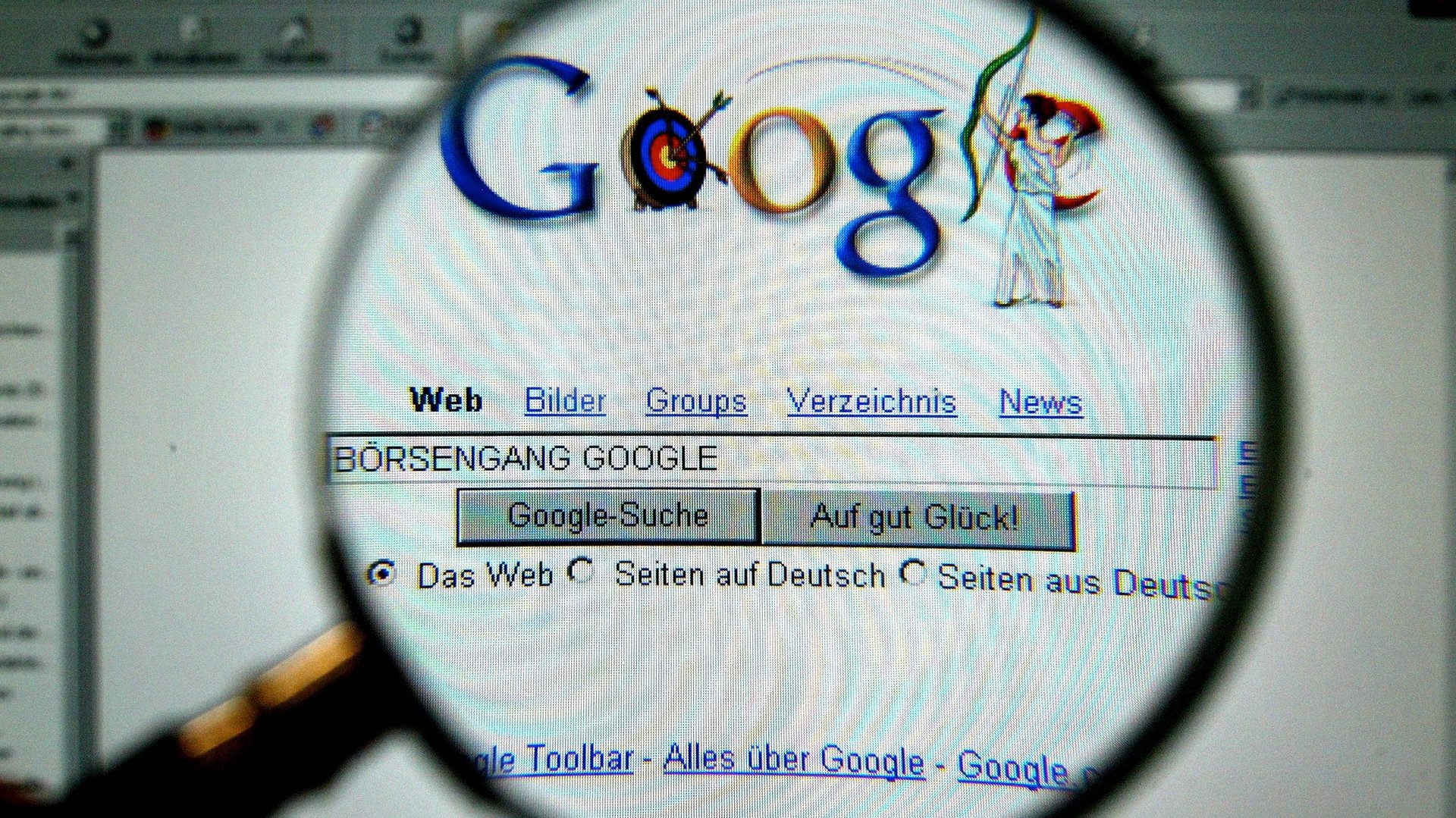“It’s pay day”, say authorities to tax-dodging multinationals
The tide is turning on tax-avoiding multinational companies. Today it emerged that Google avoided about $2 billion in worldwide income taxes last year, using strategies known as the “double Irish” and the “Dutch sandwich”, by channelling revenues through operations in Ireland, the Netherlands, and ultimately Bermuda, where there is no corporate tax. Google says the strategy is legal, but governments in France, the UK, Italy and Australia are investigating whether they’re due money.


The tide is turning on tax-avoiding multinational companies. Today it emerged that Google avoided about $2 billion in worldwide income taxes last year, using strategies known as the “double Irish” and the “Dutch sandwich”, by channelling revenues through operations in Ireland, the Netherlands, and ultimately Bermuda, where there is no corporate tax. Google says the strategy is legal, but governments in France, the UK, Italy and Australia are investigating whether they’re due money.
The news follows reports that Microsoft paid nothing on £1.7 billion ($2.7 billion) of internet income in the UK by channelling funds through tax-friendly Luxembourg. Starbucks, with its European headquarters in the Netherlands, last week agreed to pay UK tax authorities some £20 million ($32 million) in corporate tax it may not owe over the next two years as a goodwill gesture. These companies have come under fire in the UK for using legal loopholes to avoid UK taxes despite making a great deal of money there.
Desperate for revenue, European leaders are rethinking national tax structures, as well as the openness of their tax borders. Tax authorities in France, Germany, and Italy are beefing up efforts to more closely scrutinize multinationals. Last week, European Commissioner for Taxation Algirdas Semeta said in a statement that €1 trillion ($1.3 trillion) is lost to tax evasion and avoidance in the EU each year. “It is a scandalous loss of public income, particularly in these tough economic times,” he said. “And it is an attack on the fundamental principle of fairness.” Semeta recommended more than 30 measures including one to encourage member states to identify and blacklist tax havens, and another to get them to agree to close certain tax loopholes.
Australia too is intensifying its scrutiny. ”Governments all around the world need to re-examine many of the key rules of international taxation, which are not keeping up with the changing business models and tax planning arrangements of many multinational companies,” David Bradbury, Australia’s assistant treasurer, said in a statement. A panel has been set up to investigate.
Authorities are starting to make some headway. Following news of Starbucks’ tax donation last week, the Financial Times reported over the weekend (paywall) that the UK government is nearing a settlement with JP Morgan over the use of an offshore trust to funnel bonus payments. The US-based global bank could pay close to £500 million in back taxes owed by itself and by current and former employees. A spokesman from JP Morgan says the independent trustee that manages the bonus scheme complies with UK tax laws, but he wouldn’t comment on the negotiations.